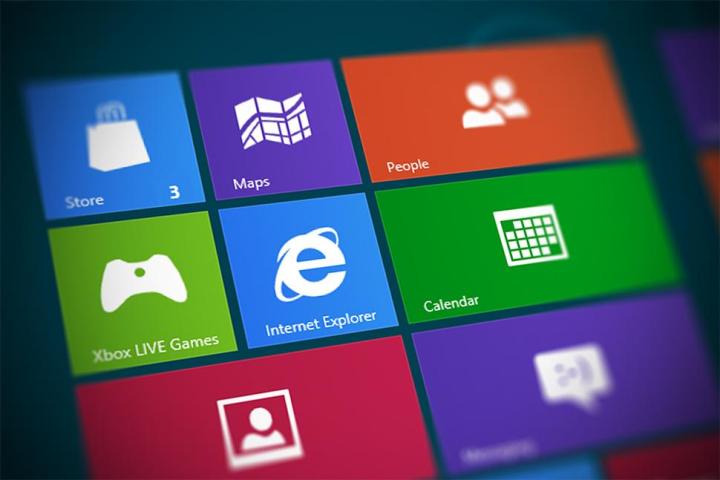
According to the all-knowing Net Market Share data collection agency, Internet Explorer accounted for 58.94 percent of online visits made over the last 30 days on a global scale. That’s up from 58.49 in October, and 58.37 in September.
We’re talking marginal increases, no doubt about that, but once you hit such a high and go over the 50 percent mark, any small gain is a great bonus. Especially when your two arch-rivals fail to mount a serious title challenge, and see their scores drop.
Google’s Chrome remains the silver medalist with a 20.57 percent share, down from 21.25 in October. This result is well below Chrome’s September share of 21.19, too.
Meanwhile, Mozilla has even bigger problems on its plate, as Firefox just reported its third consecutive loss. Back in August, the third most popular browser accounted for over 15 percent of web traffic. The figure tumbled to 14.18 in September, 13.91 in October and 13.26 in November.
If Firefox keeps that pace up it could collapse to single-digit share numbers in a matter of months. Which would of course be good news for Safari, Apple’s OS X-focused contender. Safari actually performed best among all web browsers in November, including Internet Explorer, surging a staggering 0.8 percent, from 5.1 to 5.9.
To our knowledge, Safari didn’t receive any updates or stability fixes of late to explain the sudden hike in popularity. But maybe that new OS X Yosemite build solved the highly publicized Wi-Fi glitches after all, convincing Windows fans to leave their favorite ship and board Apple’s bandwagon.
Bizarrely enough, both Chrome and Firefox have recently received updates that look pretty major at a first glance, whereas Internet Explorer hasn’t. Then again, Windows PC sales tend to grow around the holidays, and IE comes pre-installed on them all, so perhaps that justifies the splendid form of Microsoft’s proprietary browser.
While these figures look good to IE, it’s worth noting that StatCounter, another reputable source of usage share, does not agree. It currently shows Chrome in the lead with a hair over 50% of the market; IE is behind with only 21.65%. Why the gap? StatCounter shows raw, unweighted data while Net Market Share weights its data based on country of origin to eliminate possible over-representation of a specific region in its statistics. Net Market Share also counts only daily unique page views while StatCounter collects all page views.
Editors' Recommendations
- Microsoft finally, officially pulls the plug on Internet Explorer
- Firefox just gave you a great reason to ditch Chrome for good
- Firefox is falling behind, but I’m not ready to quit it yet
- Is Safari the Internet Explorer of the Mac? Twitter weighs in
- The best browser for Mac in 2022


